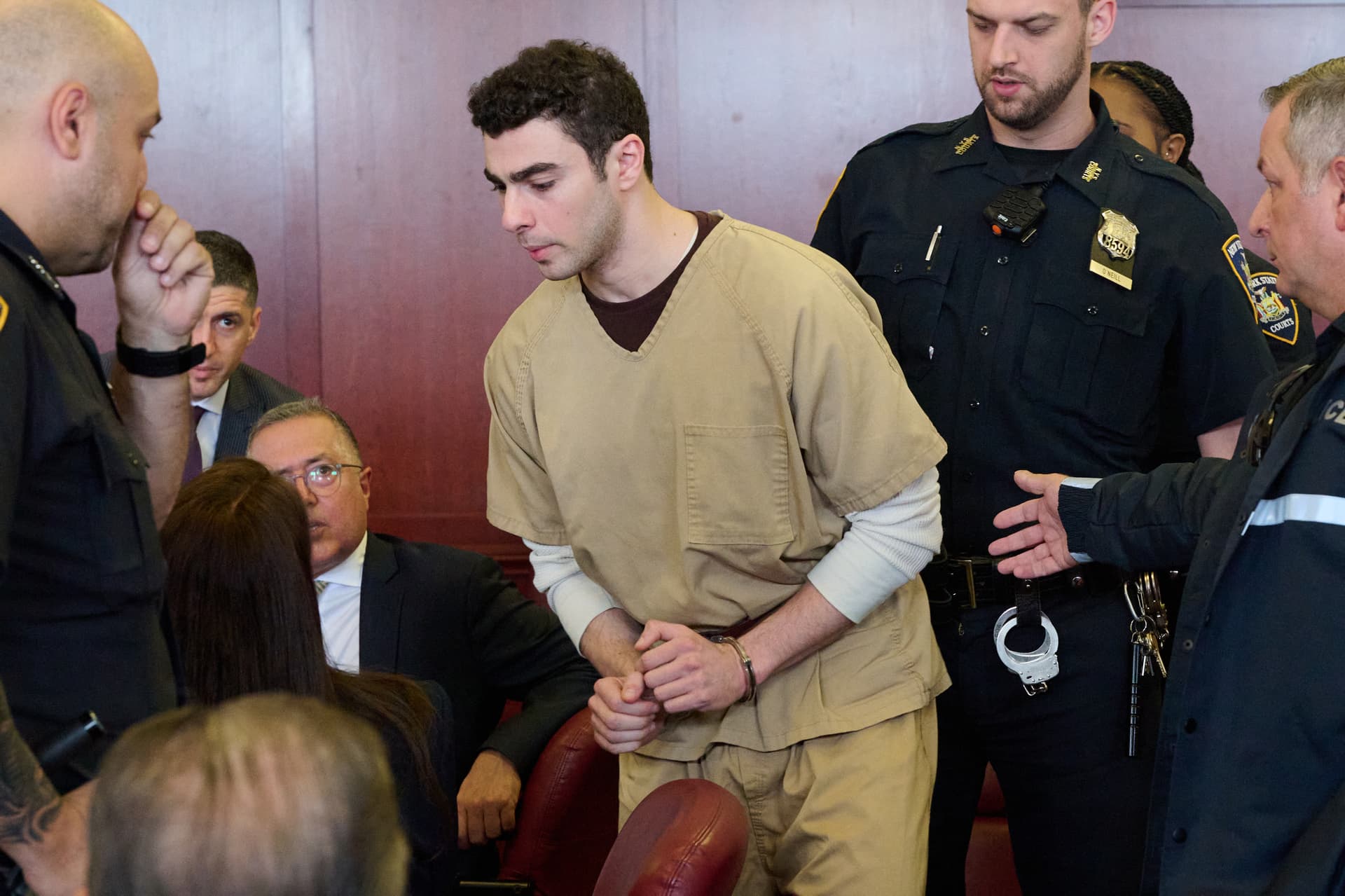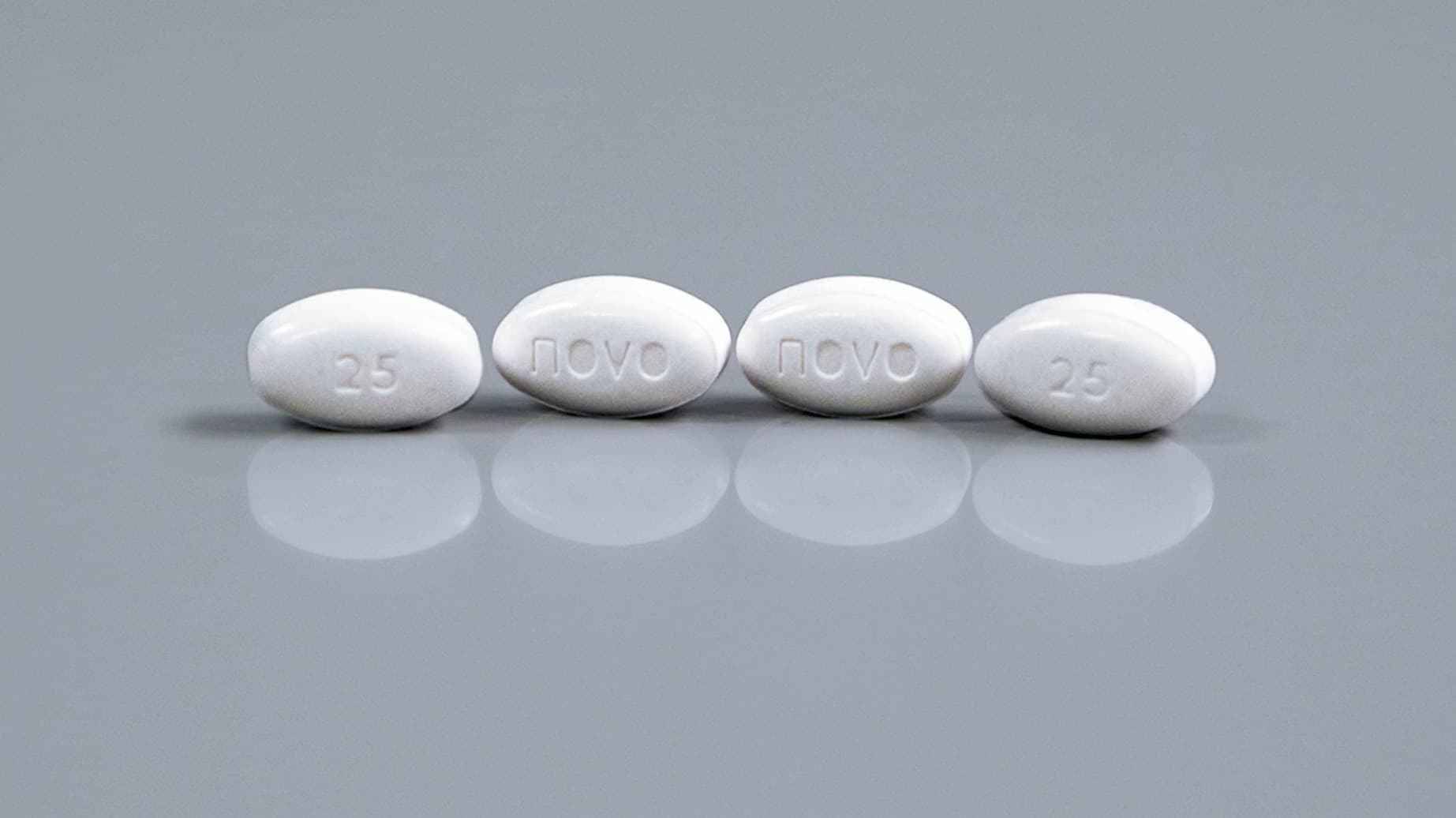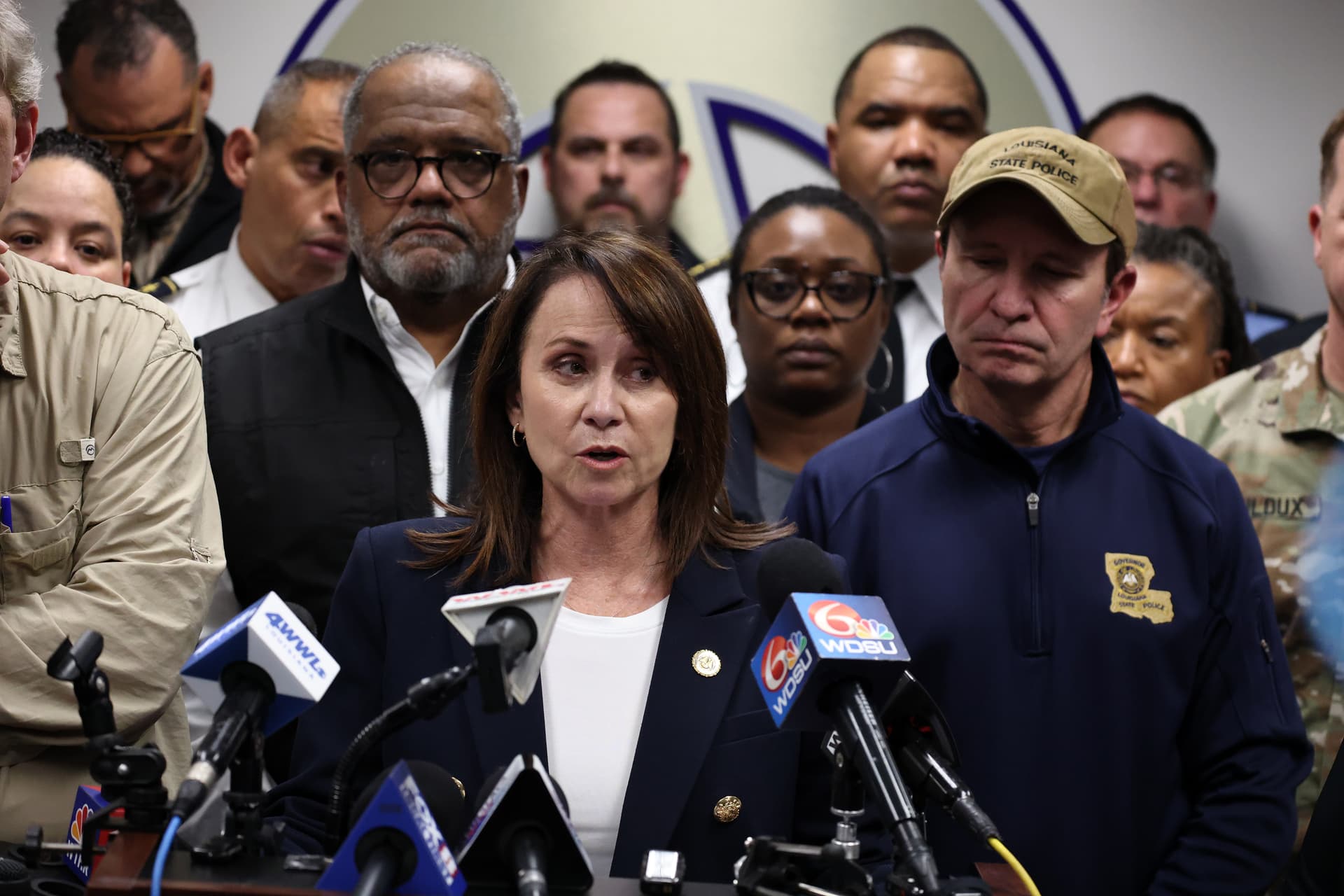
After Outrage, Trump Deletes ‘Racist’ Meme Depicting the Obamas as Apes
By LUKE FUNK
|A city built in the desert, Be’er Sheva, comes under sustained rocket fire from the Islamic Republic.

Already have a subscription? Sign in to continue reading
$0.01/day for 60 days
Cancel anytime
By continuing you agree to our Privacy Policy and Terms of Service.

By LUKE FUNK
|
By MARIE POHL
|
By DAVID JONES
|
By NOVI ZHUKOVSKY
|
By DONALD KIRK
|
By LUKE FUNK
|
By BRADLEY CORTRIGHT
|
By THE NEW YORK SUN
|